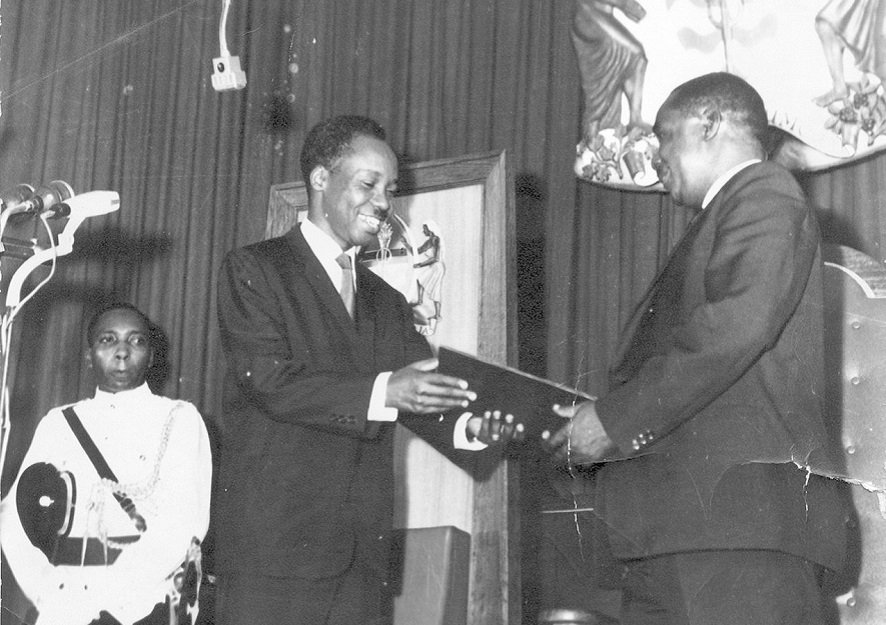Blue Ribbon Sports, which would later become Nike, is founded by University of Oregon track and field athletes.
Blue Ribbon Sports (BRS) was the original name of the company that eventually became Nike, one of the world’s most iconic and successful sportswear and athletic footwear companies. Blue Ribbon Sports was founded by Bill Bowerman, a track and field coach at the University of Oregon, and Phil Knight, one of his former athletes, in January 1964.
The company started as a distributor for the Japanese shoemaker Onitsuka Tiger (now ASICS). Knight and Bowerman began selling Onitsuka Tiger running shoes out of the trunk of Knight’s car at track meets. In 1964, they officially established Blue Ribbon Sports as a partnership.
The name “Blue Ribbon Sports” reflected the founders’ commitment to providing high-quality athletic footwear. As the business grew, the founders started designing their own athletic shoes, and in 1971, they decided to rebrand the company. The name Nike, inspired by the Greek winged goddess of victory, was chosen, and the iconic “swoosh” logo was created by graphic design student Carolyn Davidson.
The transition from Blue Ribbon Sports to Nike marked a significant turning point for the company. Nike continued to innovate in the athletic footwear industry, introducing new technologies and partnering with high-profile athletes. Over the years, Nike expanded its product line to include apparel and accessories, becoming a global leader in the sports and lifestyle market.

